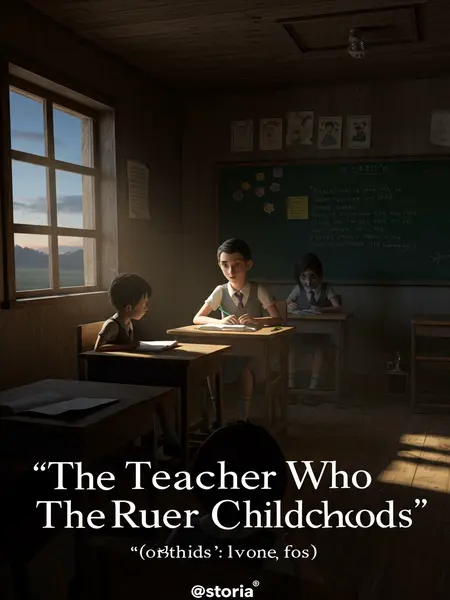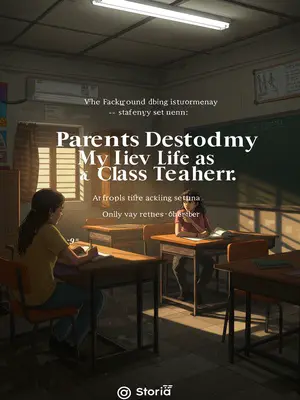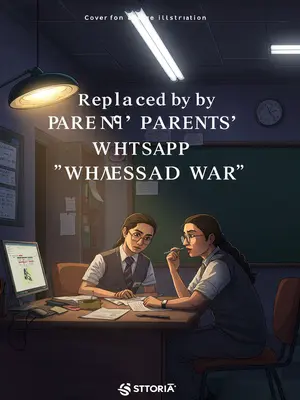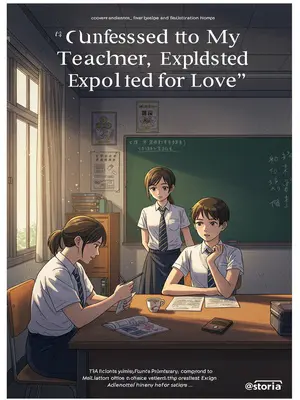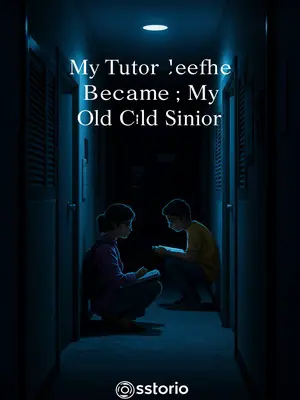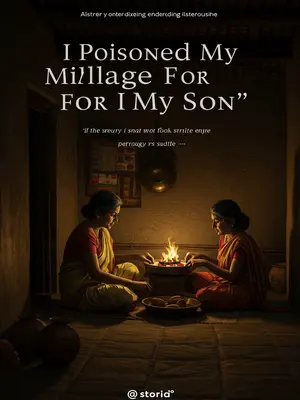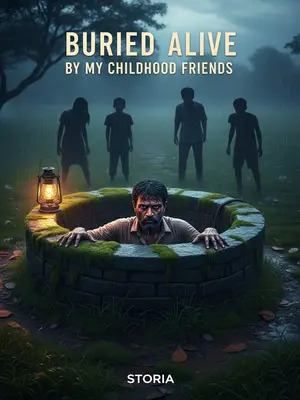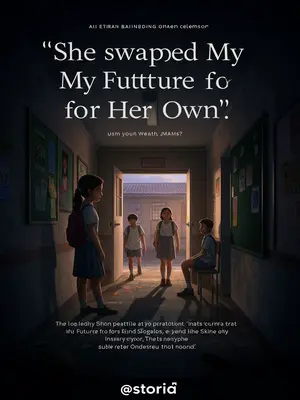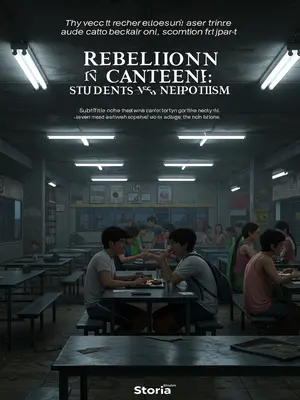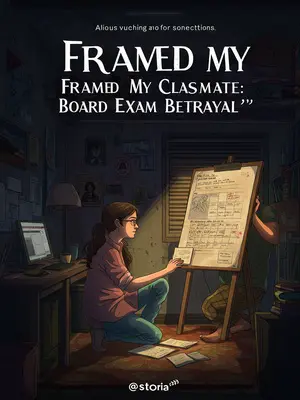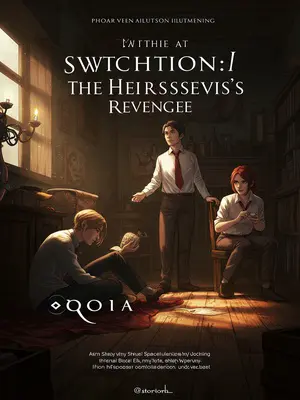Chapter 3: Circles of Doubt
To uncover the truth, Kunal and I decided to canvass the entire village, including the local government school.
We began with the lanes nearest Anjali’s house, then spread outward, our notebooks soon filled with the names of shopkeepers, tailors, and distant relatives. The school, painted a faded blue, stood on the edge of the village, echoing with the laughter of children oblivious to the storm gathering outside.
This was a small village with a high rate of youth migration. Most permanent residents were the elderly and children.
Fathers worked as labourers in distant cities—Surat, Mumbai, even as far as Kerala. Mothers sent money home, sometimes only returning for festivals. The rest—children and grandparents—clung to each other, forming makeshift families.
Anjali had two inseparable best friends: Priya and Meena. They were classmates and also left-behind children.
The three girls were often seen together, plaiting each other's hair or chasing butterflies in the mustard fields. Their giggles used to echo down the alleys, a rare sound of innocence in a harsh world.
We spoke briefly with them in the presence of their guardians. But, frightened by Anjali’s death, the girls barely spoke, so we only gathered a few basic facts.
Meena’s grandmother kept a protective hand on her granddaughter’s shoulder, as if shielding her from invisible dangers. Priya hid behind her mother’s sari pallu, eyes darting nervously. Both girls answered only in monosyllables, eyes lowered.
First, the three of them would sometimes go together to the town park on weekends, about once a month. It wasn’t far—just a thirty-minute walk. Coincidentally, they had gone last weekend as well.
The mothers confirmed this, “Haan, park jaati hain kabhi-kabhi. Wahan aur kya hai? Bas, khilaune aur ek chaatwala.”
Second, after school on weekdays, they often played at a small shop, buying sweets, doing homework, and watching TV.
A familiar scene: the girls perched on battered stools, licking orange ice lollies, eyes glued to the old Philips TV showing Doordarshan serials. The shop was more than a place for toffees—it was a little haven from the world outside.
We visited this shop. The owner was Shyamlal, a sixty-year-old bachelor farmer—an old bachelor, as the village called him.
Shyamlal, with his silver stubble and paan-stained lips, welcomed us with folded hands. His shop was cluttered—jars of Parle-G biscuits, cheap bangles, packets of incense sticks, and a faded photo of Sai Baba above the counter.
He remembered Anjali well, but said it was always just the three girls who visited his shop; he almost never saw any men with them.
He said, "Sahab, bacchiyan hain, mazaak karti hain, khush rehti hain. Aur koi aadmi toh dikhai nahi diya yahan. Kabhi-kabhi panchayat ke log aate hain, par unse kya lena dena inka?"
Third, at their school, the principal was already overwhelmed by the case, as public pressure was immense.
Principal Madam, a stern woman with thick glasses, barely managed to keep up. "Media wale bhi pooch rahe hain, inspector saab. School ki izzat daav par hai."
Anjali’s class teacher was Mr. Suresh, a dishevelled middle-aged man.
Mr. Suresh wore the same faded bush shirt every day, his fingers stained with ink and tobacco. He seemed perpetually distracted, shuffling through piles of test papers.
He smoked as he spoke, saying he had to manage three classes by himself and couldn’t keep track of everything, so he wasn’t very clear on the details.
He took a long drag from his beedi, flicked the ash, and shrugged, "Inspector saab, teen-teen class sambhalta hoon. Har bachche ko kaise dekhoon? Woh toh bahut shaant thi."
Even Ramdas, who lived with Anjali day and night, hadn’t noticed her pregnancy. For a class teacher lacking a sense of responsibility, it was understandable he hadn’t noticed either.
One of the other teachers, a kindly lady, muttered, "Yahan sab bachche apni takleef chupate hain. Shikshak bhi bekaar hai, kya karen? Sarkari school hai, sahib."
There were many left-behind children at the school, but a severe shortage of teachers. What Mr. Suresh said wasn’t far-fetched.
Kunal jotted this down, eyebrows knitted in concern. The system itself seemed to fail these children at every step.
That was the bulk of our preliminary investigation into Anjali’s situation.
Kunal and I met later that evening in our cramped police quarters, sipping cutting chai. The facts, thin and scattered, seemed to swirl with the steam. We both knew something was very wrong, but the pieces wouldn’t fit.
I lay out all these details because within them lies the root of all the evil in this case.
Sometimes, evil is not a monstrous shadow. Sometimes, it’s the silence, the neglect, the busy hands that turn away from suffering until it’s too late.
Just as we were sorting through this information and preparing to broaden our investigation, a dramatic turning point occurred.
The phone rang at dusk. The wind rattled the window as we picked up, not knowing that the case was about to explode.
